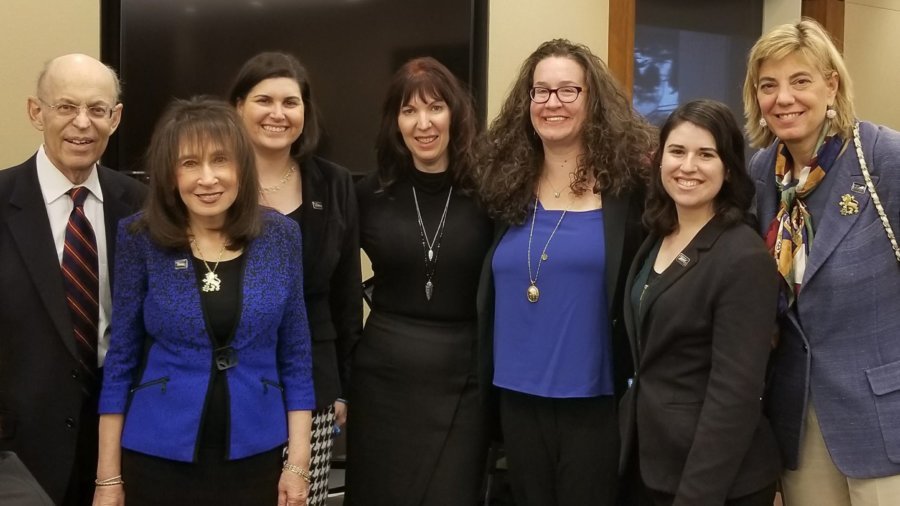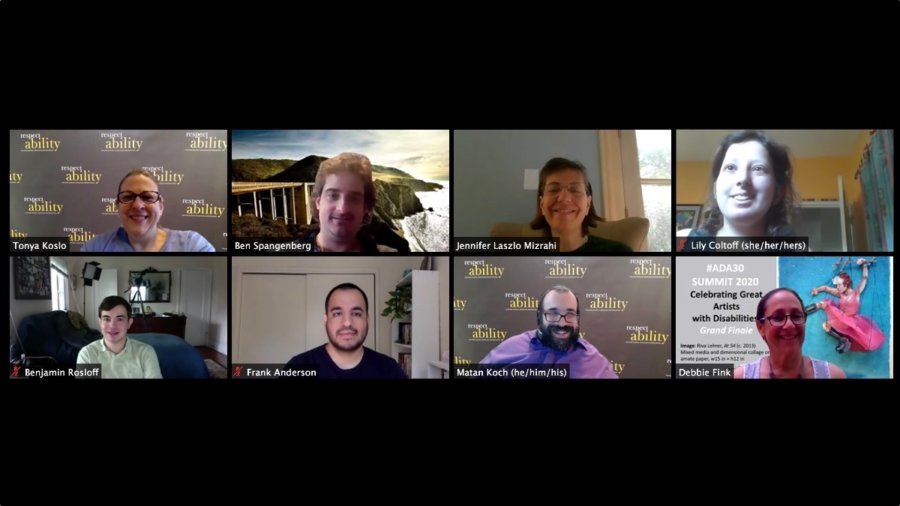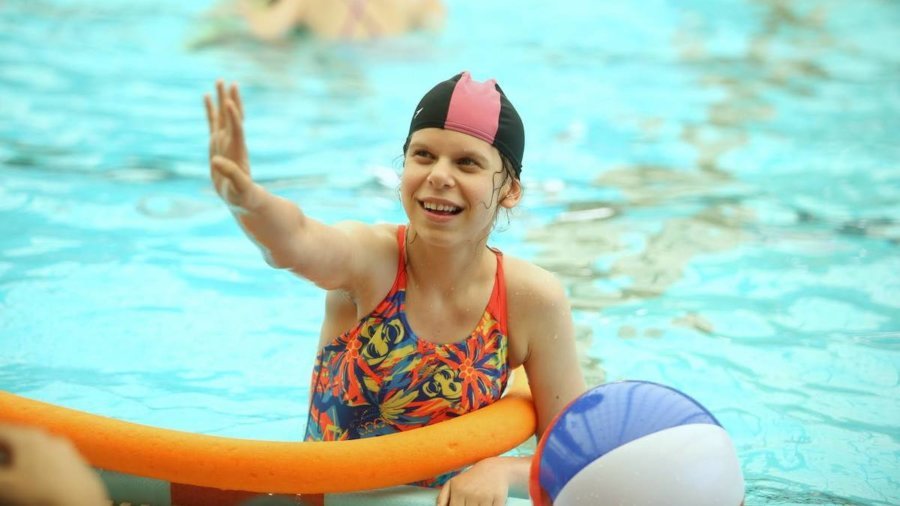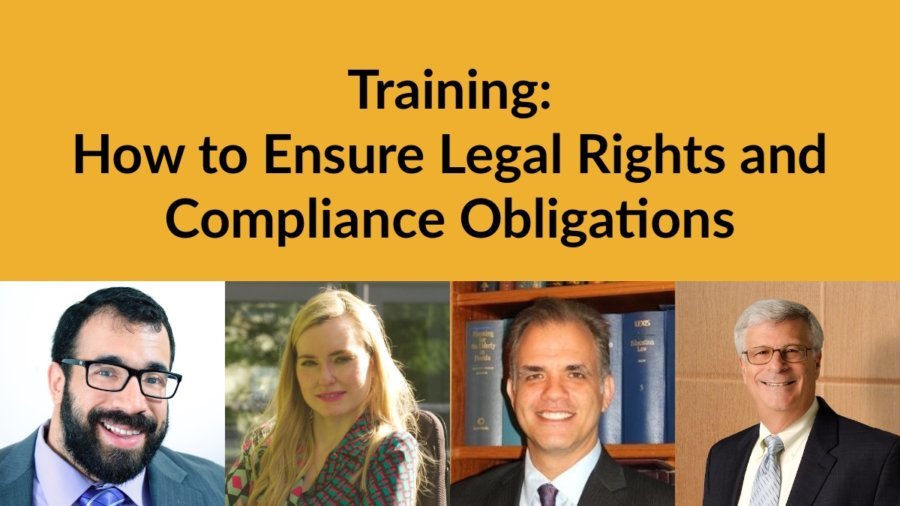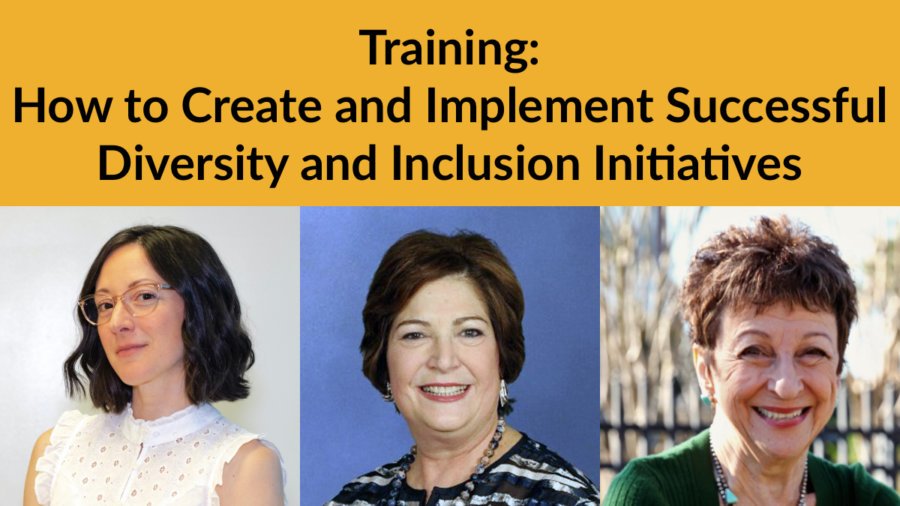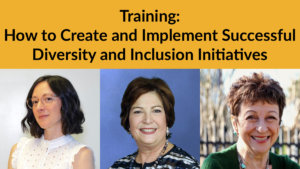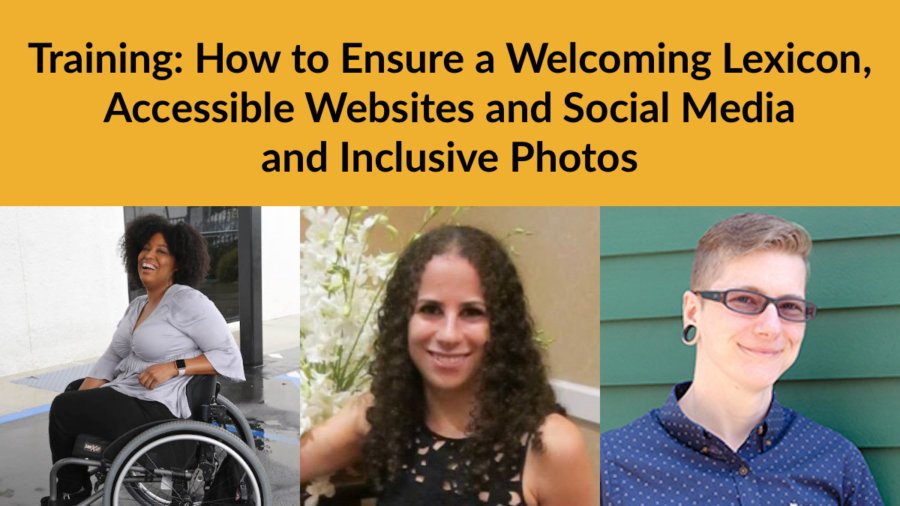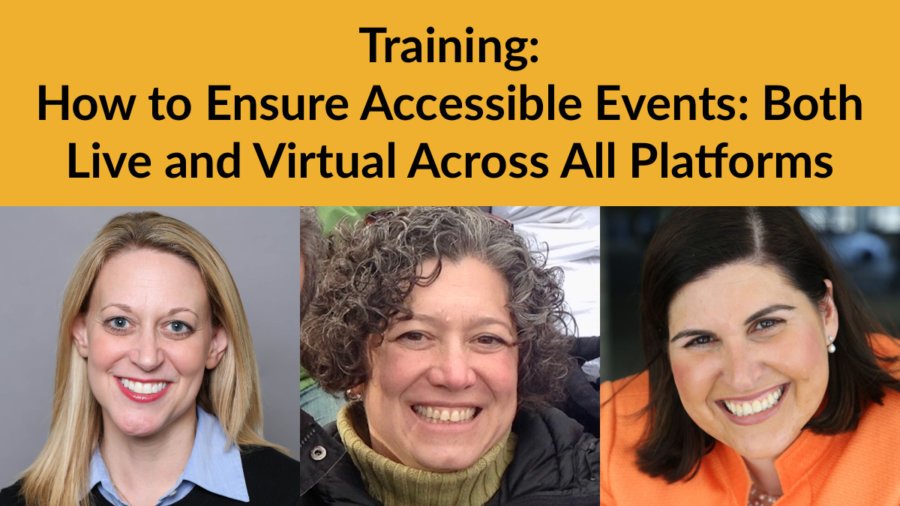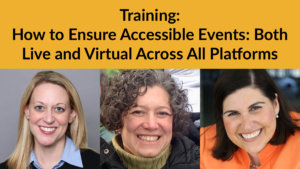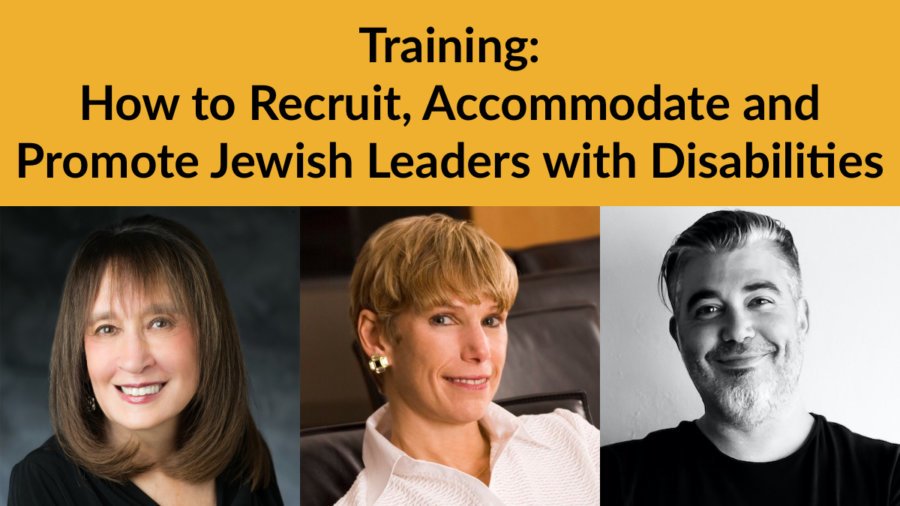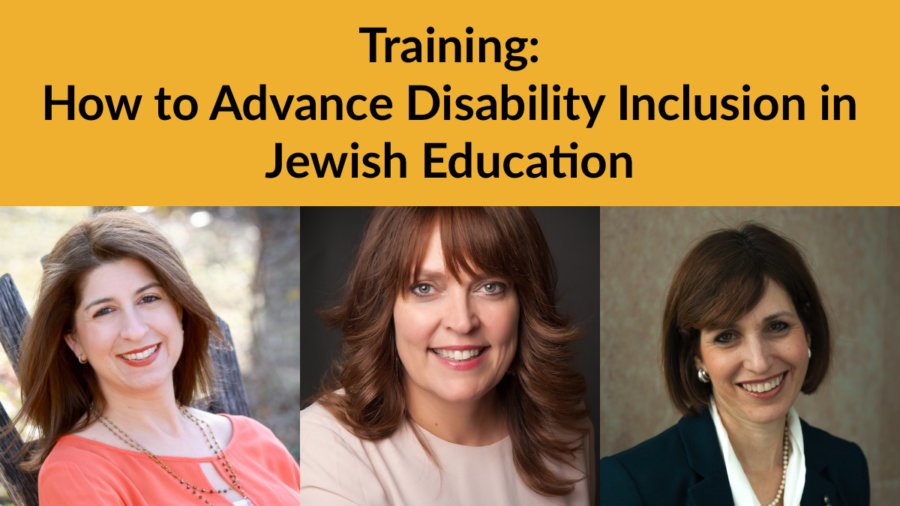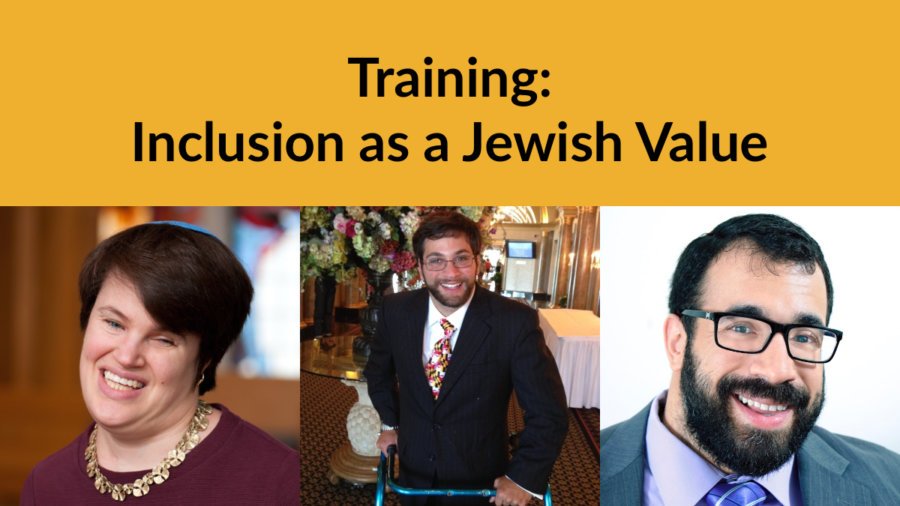Michelle Friedman, vice chair of the board of Keshet and on Keshet’s board of governance and development committees
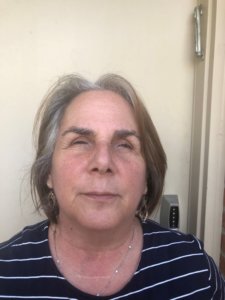 As a woman who grew up in a strongly identified observant family, attended Jewish day school and camp, and had a bubby who devoted herself to Jewish organizations, the obligation of tikkun olam, chesed and serving the community were engrained since childhood. So, when I left my career to be a stay-at-home mother in the mid 80’s, I sought an opportunity to serve. I became involved in my synagogue and children’s school, and eventually a friend invited me to serve on the board of Shalva, which provides service to Jewish victims of domestic violence in the Chicago area. (Not to be confused with Shalva, the Israel Association for the Care and Inclusion of Persons with Disabilities.)
As a woman who grew up in a strongly identified observant family, attended Jewish day school and camp, and had a bubby who devoted herself to Jewish organizations, the obligation of tikkun olam, chesed and serving the community were engrained since childhood. So, when I left my career to be a stay-at-home mother in the mid 80’s, I sought an opportunity to serve. I became involved in my synagogue and children’s school, and eventually a friend invited me to serve on the board of Shalva, which provides service to Jewish victims of domestic violence in the Chicago area. (Not to be confused with Shalva, the Israel Association for the Care and Inclusion of Persons with Disabilities.)
This began my 32-year career as a professional volunteer, which I am proud to say has included service on nine nonprofit boards, eight of which are in the Chicago Jewish community. I am even prouder that every one of those organizations sought my leadership and saw my capability, even after I became blind 28 years ago.
They did not focus on my blindness, but focused on my value as a board member, and reaped the benefits. I have served as fundraising chair on six boards, and as Board President of three – soon to be four.
This means that I have attended countless meetings, conferences and seminars, and I always seem to be the only person at the table with a disclosed disability. As I have become more knowledgeable about board governance best practices, and as our boards have become more professional, strategic, and intentional, I noticed that the conversation about board diversity has never included the disabled community. [continue reading…]


